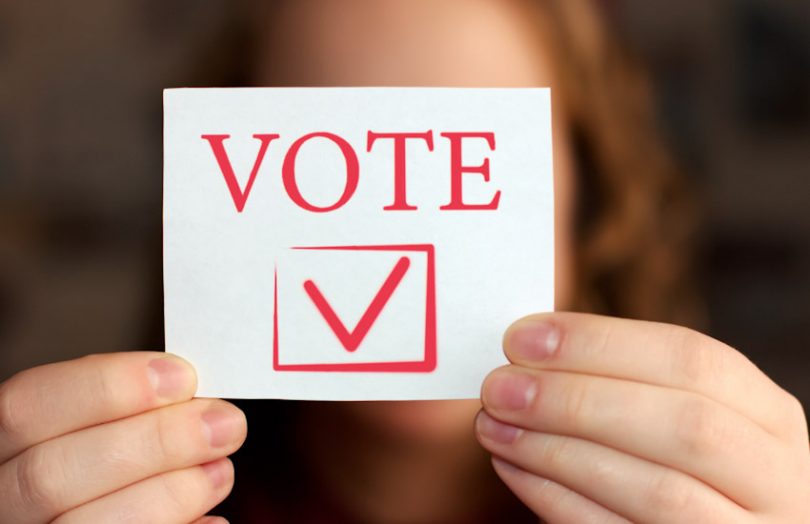Yesterday, Russia’s blockchain-based voting system faced a hiccup shortly after it went live in Moscow and Nizhny Novgorod. The web portal for the remote voting on constitutional amendments crashed due to peak load, Central Election Commission member Anton Lopatin told RIA Novosti.
Earlier this month, Ledger Insights reported on Russia’s use of blockchain to enable citizens to vote on waving he two-term restriction on presidential appointments. The country’s Supreme Court is also exploring blockchain for a remote plenary session with a separate solution.
The mayor of Moscow’s official site shows that the remote voting solution for the constitutional changes was developed by the Moscow Department of Information Technologies using the Exonum enterprise blockchain platform from Bitfury. The online voting system opened on June 25 and will close on June 30, with offline voting on July 1.
“There was a peak in the load, because the residents of Moscow and the Nizhny Novgorod region immediately went to vote. As a curator of Nizhny Novgorod, I know that Nizhny Novgorod people are actively participating in remote electronic voting,” Lopatin said.
While the site was restored swiftly, Ilya Massukh, head of the Public Headquarters for Monitoring and Observation of All-Russian Voting in Moscow, said that solutions should be developed to handle the high influx of voters as there’s as traffic tends to peak at the start and the end.
The ongoing COVID-19 pandemic has sparked a debate over using remote voting systems, with some saying it’s too early. Earlier this year, MIT researchers found vulnerabilities in the voting application developed by Overstock-backed blockchain firm Voatz. However, Voatz refuted the allegations and said MIT used an older version.
Last month, Voatz held a virtual convention for the Arizona State Republican Party.
Meanwhile, the U.S. Congress is also exploring blockchain and other technologies for the remote functioning of its two legislative bodies. In India, the Election Commission is working with premier education institute IIT on a blockchain voting system.







